On November 24, 1998, there was nearly two feet of snow and ice outside the Salt Lake City KTVX-TV station. This was evidence that Olympic officials had chosen a winter wonderland to host the Games in 2002.
Reporter Chris Vanocur sat in the studio live on air at 10 p.m. and held up a piece of paper that would set that selection on fire: It showed that the International Olympic Committee (IOC) may have been taking bribes from Utah authorities.
News Spreads
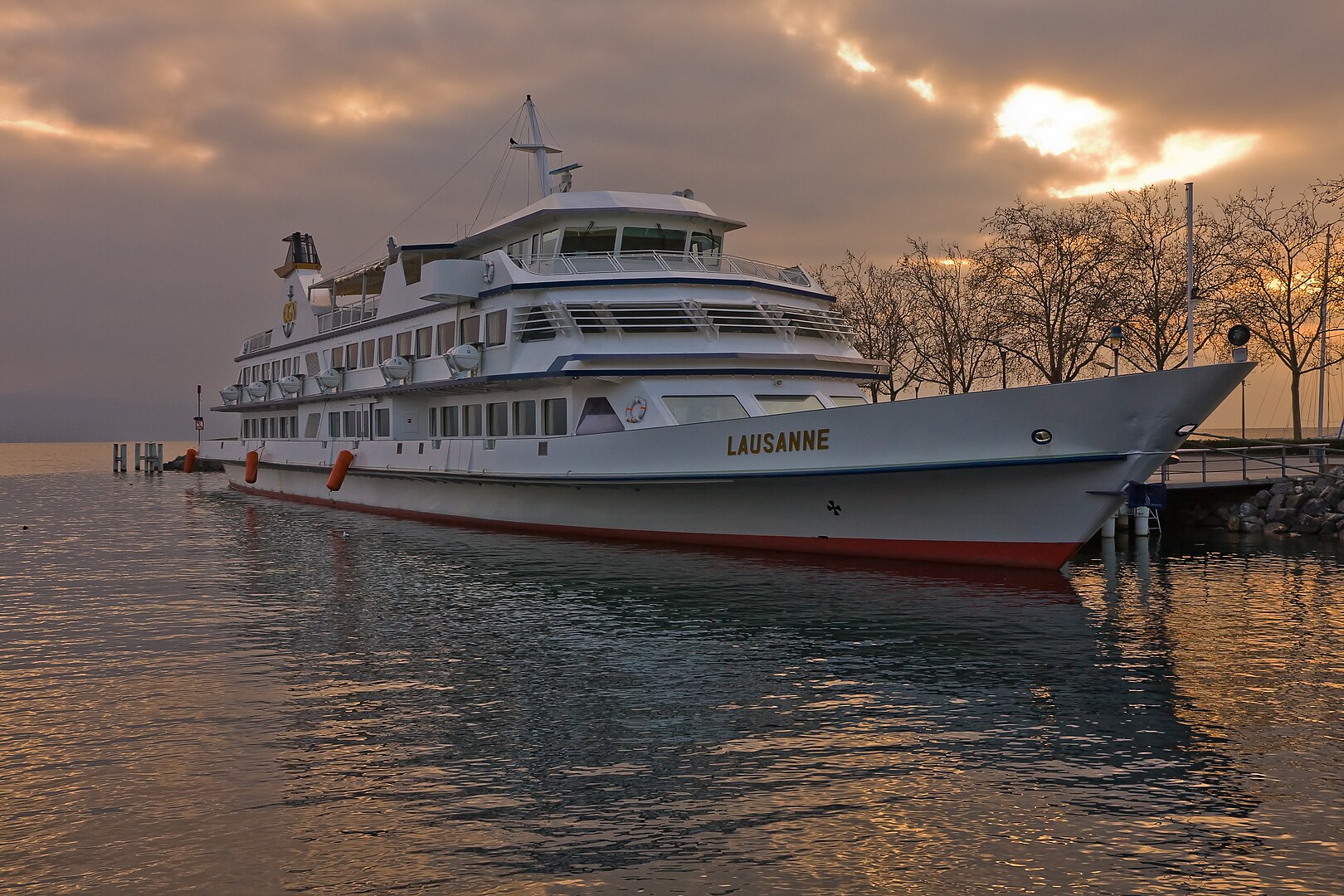
The news jumped from Utah’s capital city all over the planet and landed 5,300 miles away, at IOC base camp in Lausanne, Switzerland.
According to reports, Salt Lake City officials paid for extravagant trips to Utah, paid for children’s tuition, and covered medical expenses for IOC members whose responsibilities included voting on future games’ locations.
Resignations and Indictments

The biggest bribery scandal in Olympic history was sparked by Vanocur’s report. As a result, ten IOC members resigned, and two local Olympic officials were indicted by the Justice Department.
Because of the incident, Olympic officials looked back and discovered bribery controversies from previous Olympiads. The IOC organized more severe morals rules to prevent future issues, and the Salt Lake City bid’s recuperation helped to jumpstart Mitt Romney’s political career.
Grants Issued

The 2034 Olympics will now be held at the location of the most embarrassing Olympic bribery scandal.
In 1998, Vanocur’s shocking report dampened enthusiasm for the city’s Olympic bid in 2002. Around fourteen days after the fact, Salt Lake Organizing Committee President Frank Joklik acknowledged that $400,000 in grants were given to family members of IOC individuals from 1991 to 1995, when the city won its bid.
Detail of Bribery

Marc Hodler, a Swiss IOC member since 1963, went into detail about the process of buying votes about a week later. He advised journalists that corruption had been present back to at least Atlanta’s bid for the 1996 Games.
The Washington Post reported at the time that he stated that bid cities paid $3 million to $5 million for blocks of votes cast by IOC members.
Nagano Wins Bid
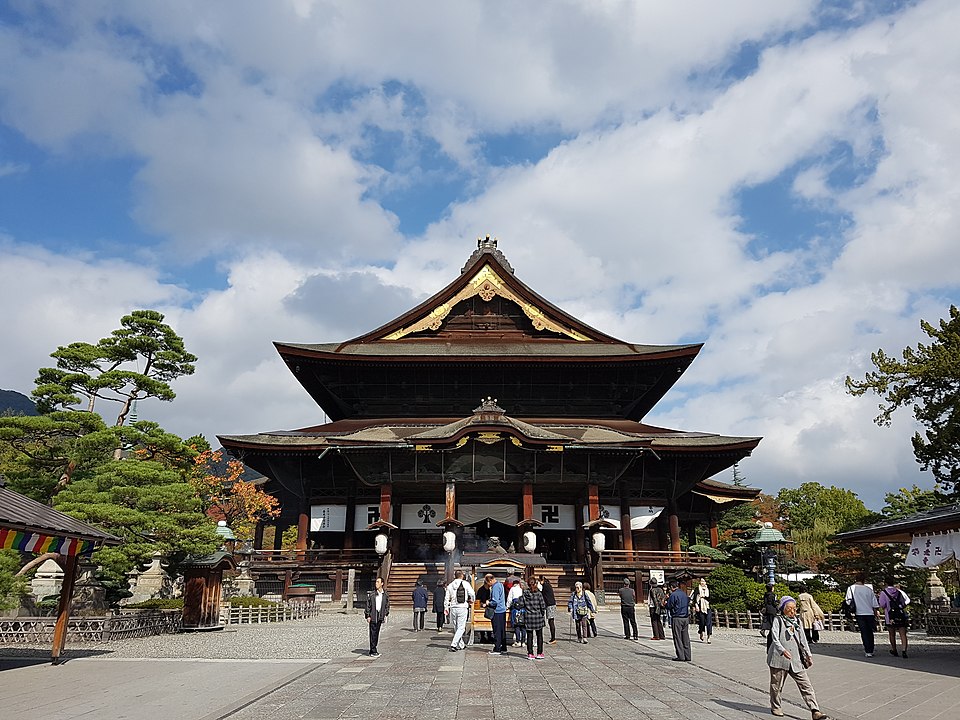
This scandal began on June 15, 1991, the day Nagano, Japan, received the 1998 Olympic Games. In the final round, Nagano prevailed over the Utah city by four votes.
There were reports that Nagano had filled the pockets of IOC individuals. Prosecutors say that Utah officials Thomas K. Welch and David R. Johnson decided they weren’t going to be outdone.
15-Count Indictment
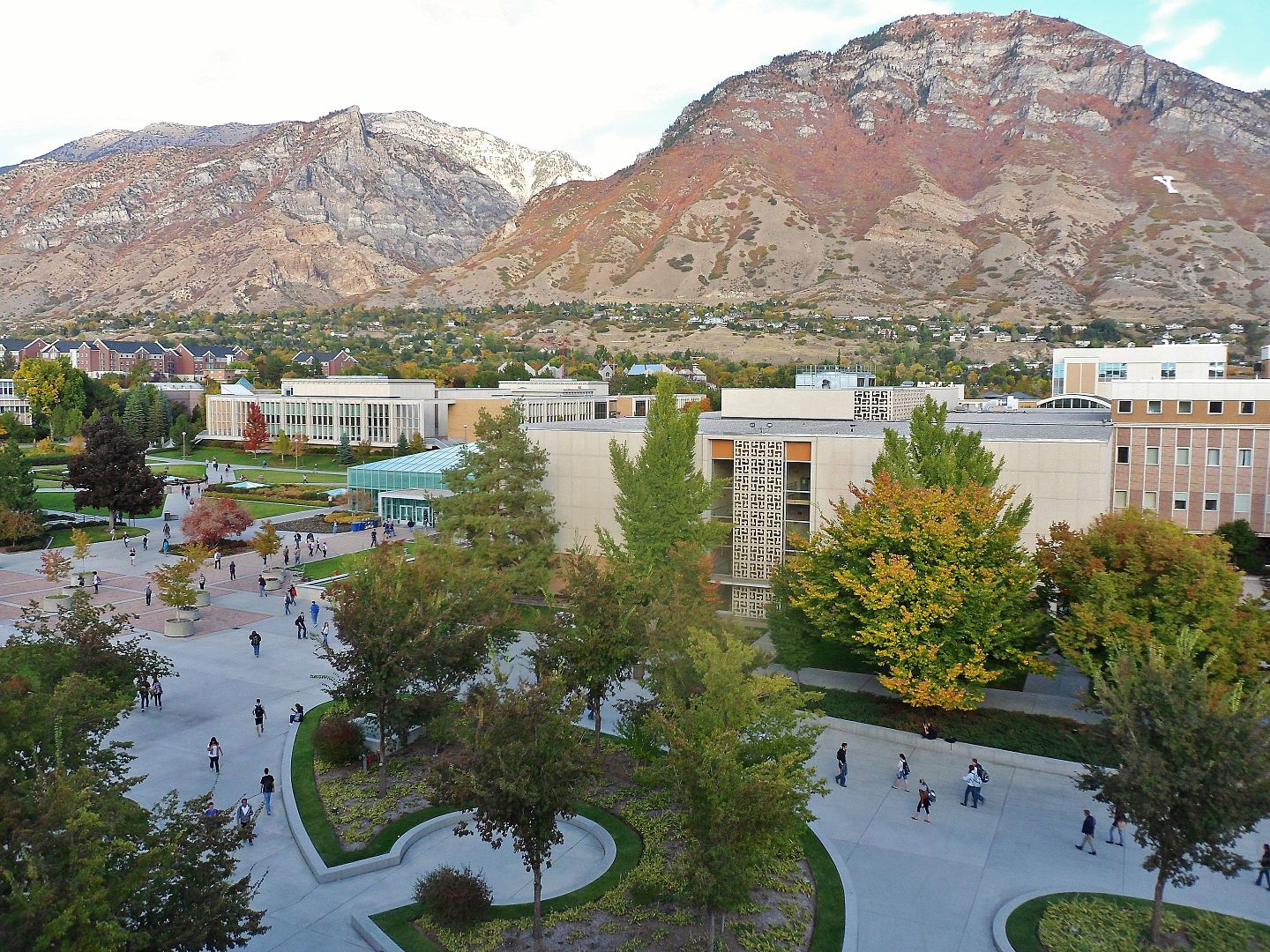
From 1988 to 1995, as per their 15-count indictment, Welch and Johnson paid off IOC and U.S. Olympics authorities various ways, including:
Flying a Congolese IOC individual to a wedding in Canada, paying $60,000 to enable the son of an IOC member to attend Brigham Young University and dishing out more than $100,000 for a Cameroonian IOC individual’s daughter to live in an extravagance Bethesda, Md., apartment and go to American College.
Symphony Orchestras

The Utahns likewise supposedly set up a strong Korean IOC members’s professional pianist daughter to play with the Utah Symphony. She also performed with the Melbourne Symphony Orchestra prior to the Sydney Olympics in 2000 and Atlanta’s Olympic Arts Festival.
These exhibitions were arranged despite the fact that, as Australian Olympic bid individual Shane Maloney told The Post in 1999: “I think she probably tinkled in the C division rather than the A.”
Charges Dropped
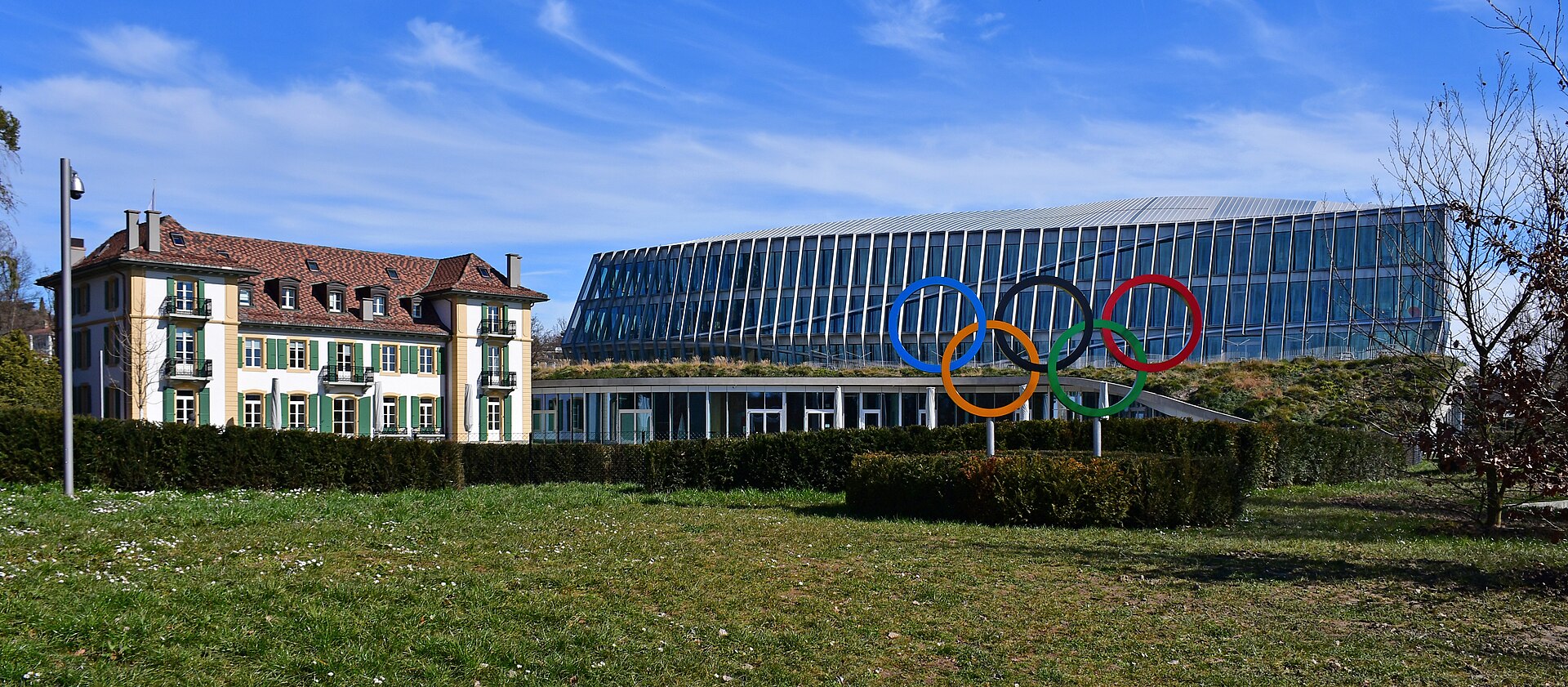
Prosecutors claimed that $1 million was distributed among a dozen or so IOC officials as part of the alleged global conspiracy. In July 2001, citing a lack of evidence, they dropped the charges against Welch and Johnson in the middle of the trial.
Local station KSL reported in 2003 that U.S. District Judge David Sam stated that the case “offends my sense of justice.” He went on to say that in his 40 years working in the legal system, he had never seen a case with such a lack of “criminal intent or evil purpose.”
Working Group
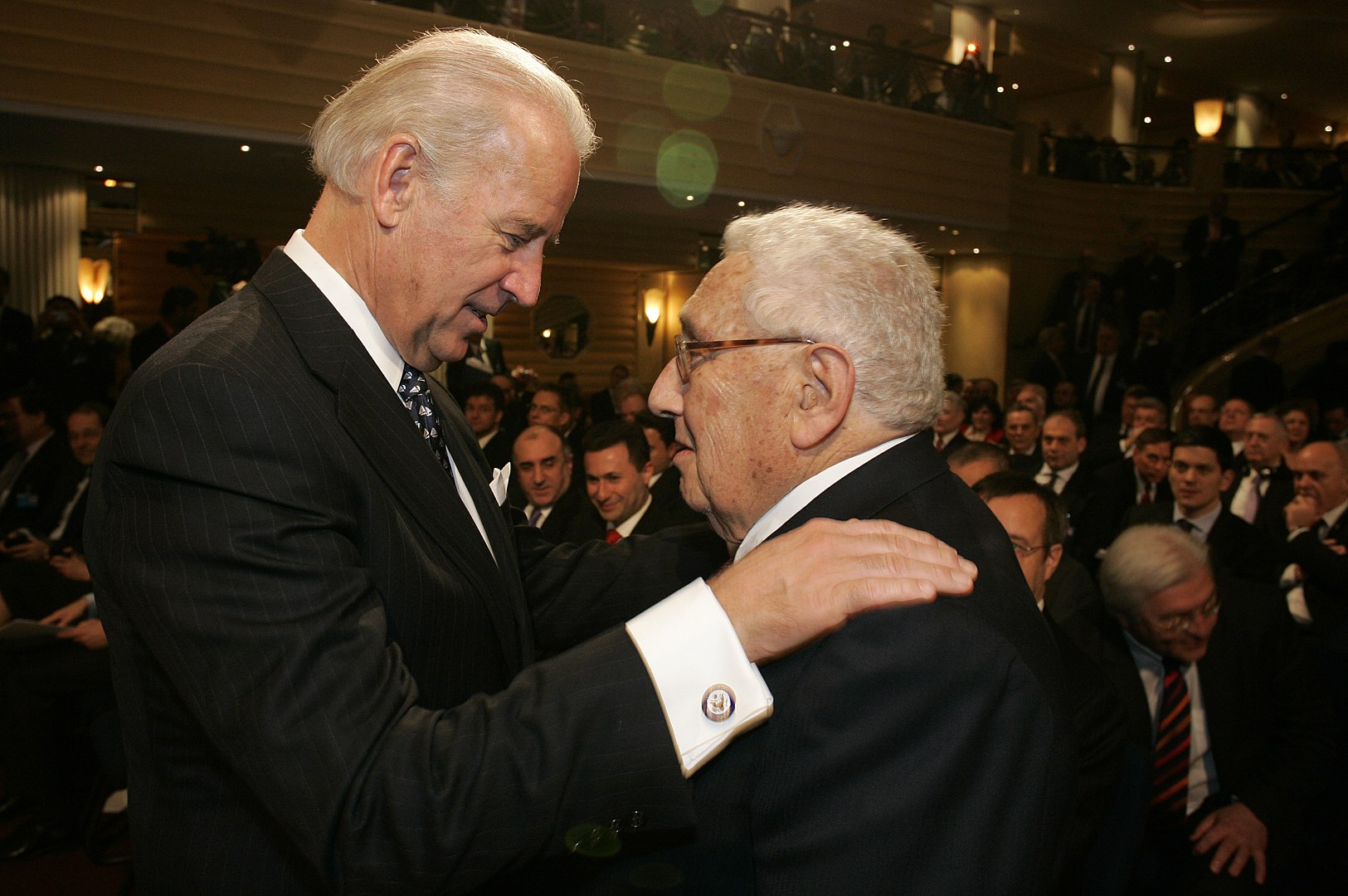
A 82-part working group, including previous secretary of state Henry Kissinger, gathered to propose changes to the bidding framework, The Post detailed in July 1999. In December 1999, a 50-point plan was approved by members almost unanimously.
The amendments included bringing down the member age limit from 80 to 70, adding 15 active competitors to the IOC and establishing eight-year terms that could be renewed.
Biggest Change
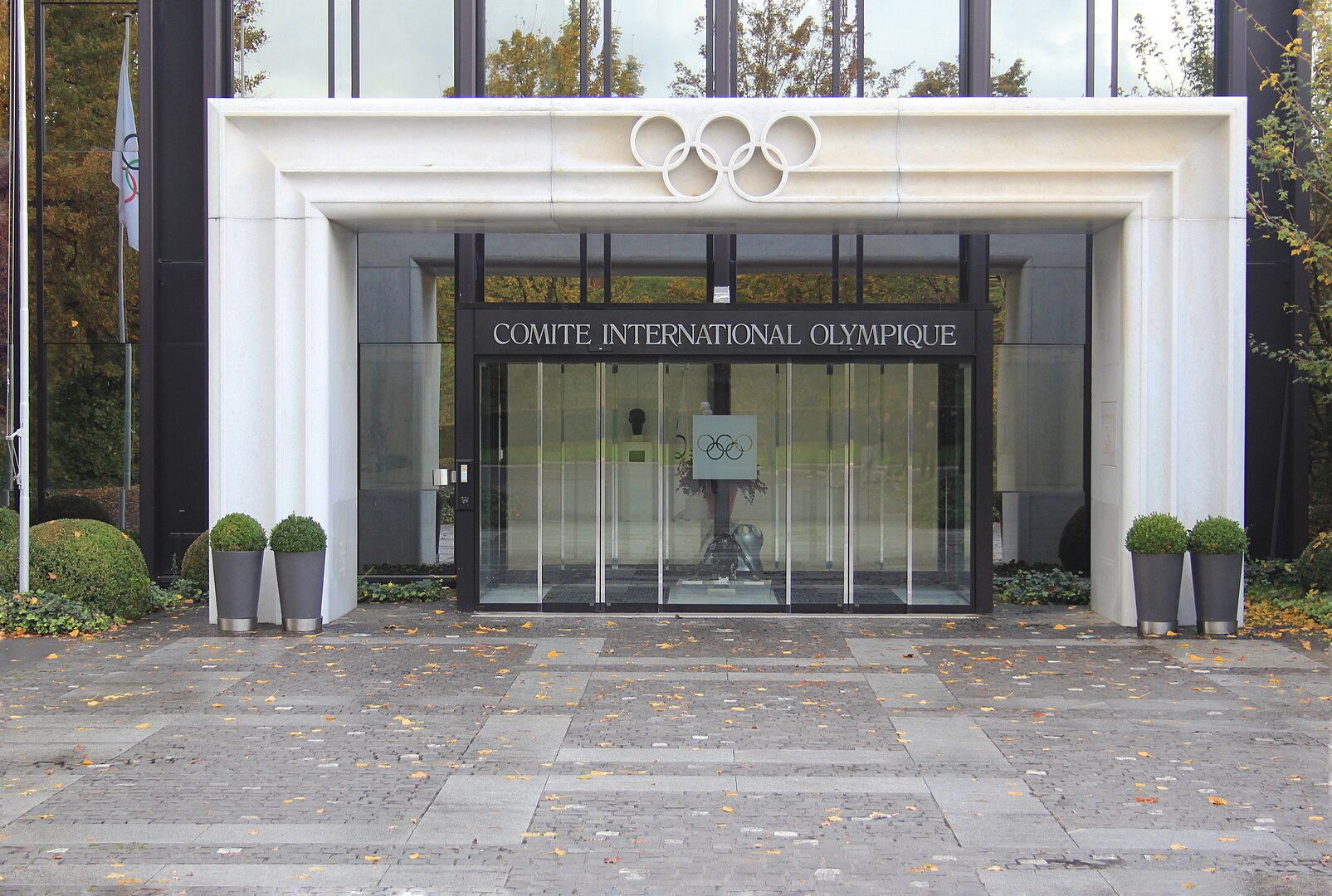
The greatest change? The most pressing concern for Salt Lake City and other Olympic bidders was the prohibition of all-expenses-paid travel to those cities.
Toward the end of the scandal, the IOC would remove 10 of its members and punish another 10. 111 people are currently members of the IOC.
Mitt Romney
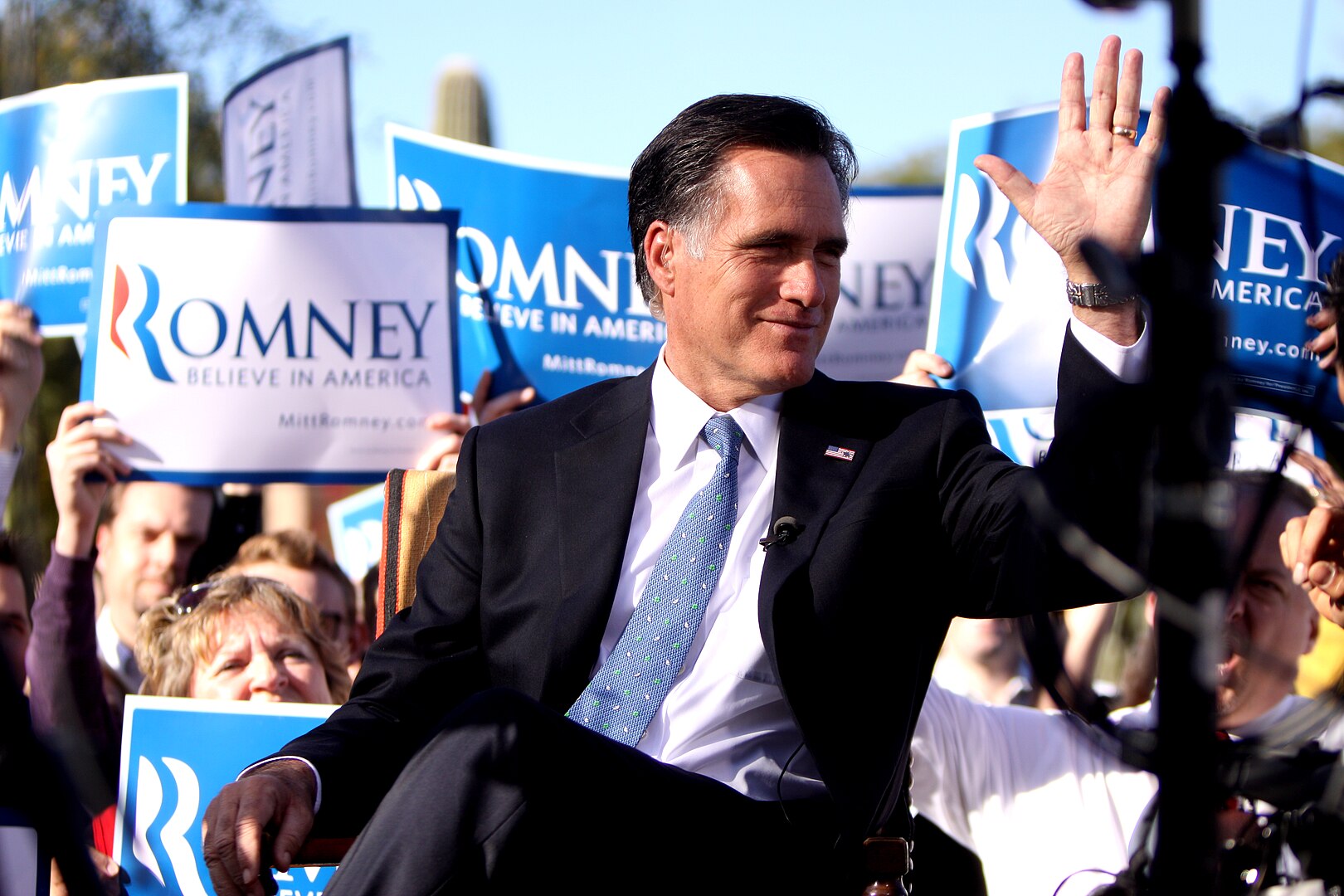
After the embarrassment, Salt Lake coordinators got a Massachusetts man to help recover their reputation: investor Mitt Romney.
Soon after Romney showed up, Salt Lake coordinating authorities declared they had a working budget deficiency of about $380 million.
According to The Post, the new leader flew across the country to raise money and calm sponsors’ nerves after the scandal. He arranged 53 deals with local sponsors, more than doubling the number in Nagano.
